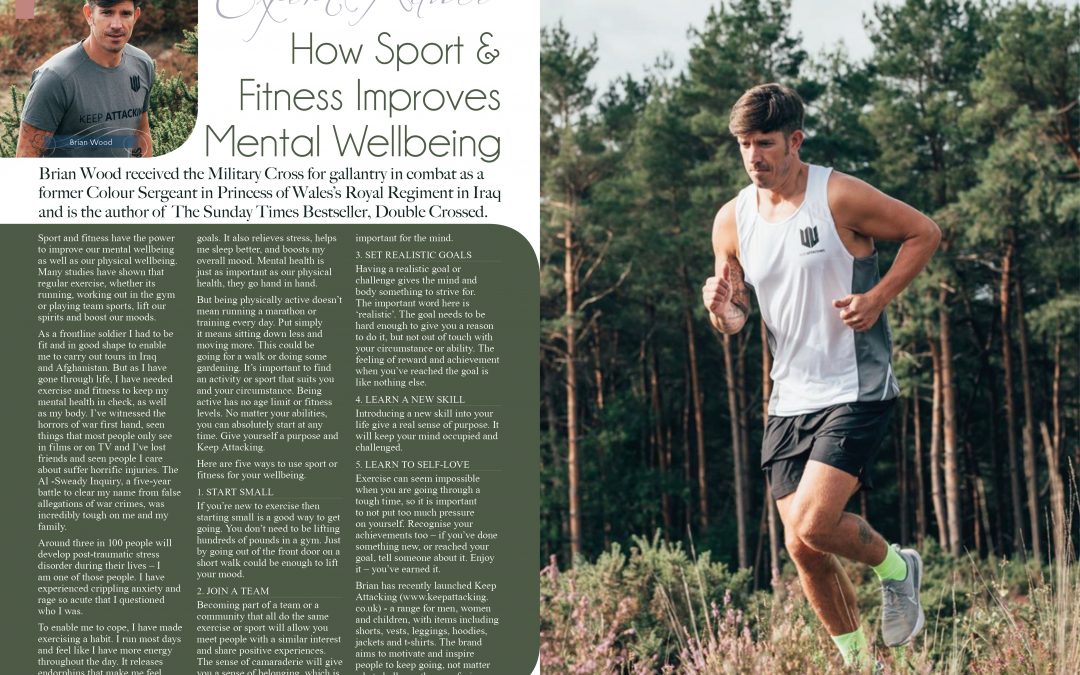Getting media coverage is the name of the game. That’s the goal and what both the client and I want. Thankfully, I have had success in getting clients in national newspapers, glossy magazines, on the radio and on TV news bulletins over the years. But despite this success, I have never guaranteed a client media coverage – and I never will.
This may come as a surprise to some people but let me explain why?
PR is a long game
I once worked with an agency that told their client that they would secure five pieces of media coverage, one of them being in a national newspaper. In addition, they wanted all five pieces of coverage to be published within a month. “Five isn’t that many! A month is a long time!” I hear you cry.
But in reality, PR is a long game. Preparing a pitch and making the pitch takes time and a journalist will not respond straight away. If and when they do, there’s usually some back and forth about the story and how they want to pursue it. Then they have to do the interviews, writing and editing. This all takes time. The coverage in the image above took about six weeks from pitching to publishing (image of Keep Attacking in Sloan Magazine. @sloanloves).
Yes, there are times when you get some quick wins, or a story has a certain life span so could get coverage quickly, and that’s great, but clients should be prepared for the long game too.
Cutting through the noise
It’s getting harder to get any media coverage at all. People may scoff at this and say: “but with so many online news outlets and 24 hour news coverage, surely it should be easier?” Well it’s not. Yes, there are more online news sources and if that’s your target outlet then brilliant, go for it! But unfortunately, magazines are ceasing to publish, local radio news teams are being cut and regional newspapers are run on a skeleton staff now.
A journalist on a national newspaper can receive around 300 emails a day, so you need a really interesting pitch to get their attention and even if you have that killer angle, they may just miss the email.
If you want guaranteed coverage, you are more than likely going to have to pay for it, and that’s advertorial which is another blog entirely.
Editor’s final say
Journalists won’t guarantee it, so why should I? A journalist may write a story about you or include you in a feature they are putting together, but that copy still has got to go through an editor (sometimes more than one, depending on the outlet). Between them and the story being published, anything could happen to it. It could be reduced in size, the angle may change, it may even be dropped and not used. A journalist won’t give me assurances, so I cannot then give assurances to my client.
Breaking news
Breaking news happens. Even with the best planning and pitching, a story can get completely lost on the same day when a massive story breaks. This year HRH The Queen passed away and for the following two weeks, there was a media blackout. National outlets only published stories of the highest importance that were no related to the the Queen herself. This is a risk and therefore, a contingency plan for media launches should always be put in place.
So, what do I say instead?
Honesty is the best policy. When a client comes to me with a story or an idea for one, I will be honest and say where I think it COULD get some pick up. It’s important to set out attainable goals so the client has realistic expectations. And I will always say that even if I think it has a good chance of getting some interest, I cannot guarantee it.

Recent Comments